- Saturday, April 27, 2024
The Indian prime minister is seeking a rare consecutive third term and continues to be the country’s most popular leader despite being in power for a decade.
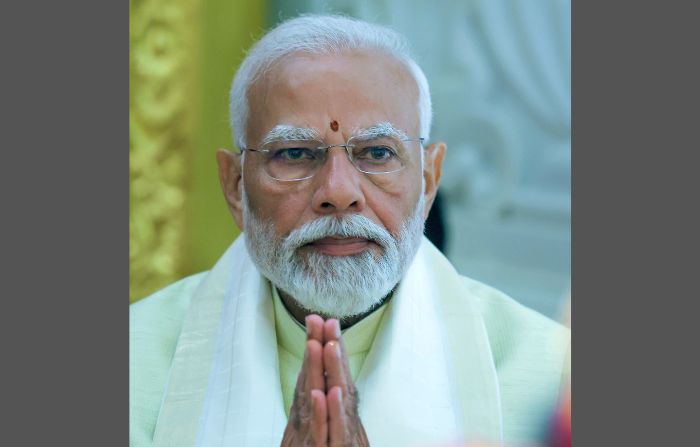
By: Prof. Prem Lal Joshi
POLITICAL leaders have a significant role for any country because they create coalitions with different interest groups, make decisions that have a big influence on the well-being of the populace, and distribute funds through laws.
A political leader should prioritise the long-term development of their nation as well as general socioeconomic progress and security.
The trait theory of leadership, which maintains that good leaders have specific behavioural and personality traits, builds upon the great-man hypothesis. The theory was first developed by Gordon Allport. Every person has a distinct personality that is shaped by the blending and interactions of different qualities. The goal of trait theory is to pinpoint and quantify these distinctive aspects of personality.
Indian prime minister Narendra Modi, for instance, is set to complete a decade in power, and is seeking to return to power for the third time. It raises the question of what quality of appeal controls his behaviour the best and maintains his status as the world’s most popular leader. To increase people’s understanding of what makes a successful political leader, it would be interesting to hear about the unique attributes that Modi possesses.
A survey was recently undertaken with an aim to: (i) identify the distinctive traits that make PM Modi an inspiring leader; (ii) determine whether respondents’ perspectives differ considerably or not, and (iii) develop a conceptual framework of leadership traits so that we may better comprehend Modi’s leadership styles.
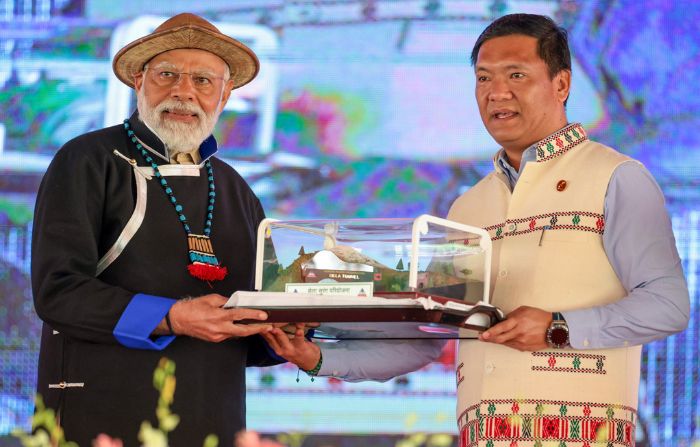
This is the first public survey of its kind on Modi’s leadership traits. The survey study included 19 leadership traits relevant to the prime minister’s leadership styles and these were extracted from previous articles and discussions with some experts.
Assuming an unlimited universe, the quantitative data for this study was collected from the LinkedIn relationships by a straightforward random sampling process. A sample of 700 respondents from different backgrounds received an email with a link to a self-made questionnaire that was hosted on a Google form. Using a Likert scale that went from 1 (strongly disagree) to 5 (strongly agree), the respondents were asked to rank how much they agreed or disagreed with a set of 19 leadership attributes.
Of the total, 203 responses, or 29% of the total, could be analyzed. 21.2% of the questionnaires were completed by executives, with the remaining forms being completed by business people (3.9%), educators (49.8%), and others. 59.1% of the participants were from non-governmental organizations, and 16.3% of them worked for government agencies. Of the participants, 37.4% have completed their secondary education, postgraduate coursework, and graduation.
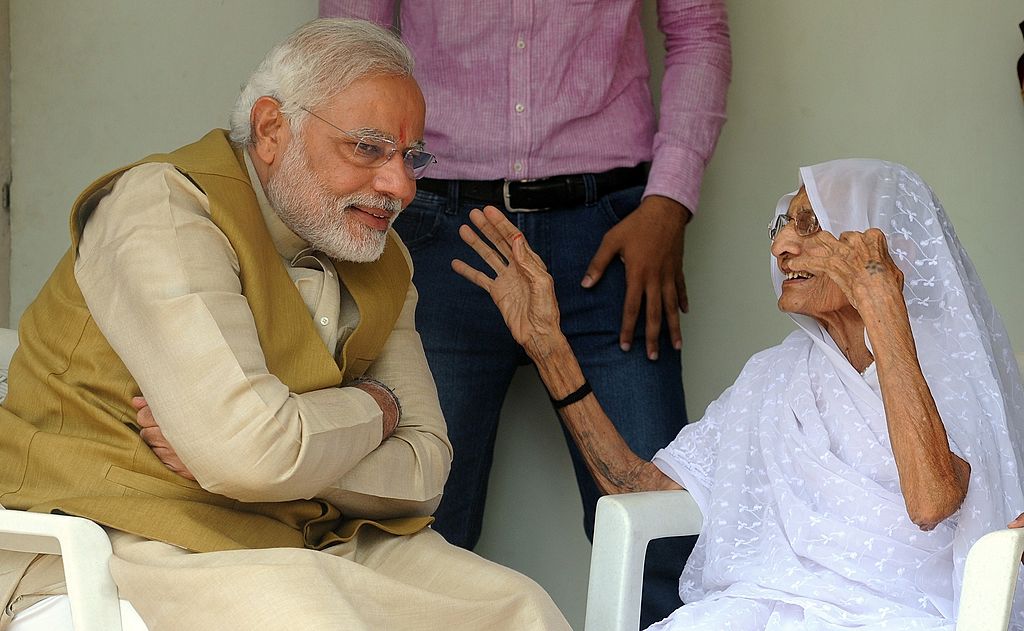
Fifty-two percent of them are PhD holders. 47.7% of the respondents were over 40, while 36% of the respondents were between the ages of 30 and 40. Sixty-four percent of respondents claimed they had worked for a company for ten years or more. It’s interesting to note that 19.2% of respondents are from outside India, accounting for 80.8% of the total.
The following table lists the survey results’ descriptive statistics and mean rank according to the Kendall Coefficient of Concordance (KCC):
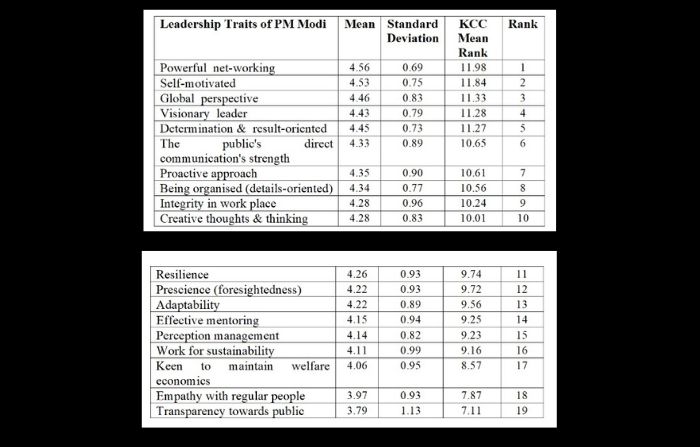
The Kendall’s W calculated value is 0.094 (Chi-square 344.74; degree for freedom 18; N=203; p<0.01) which is highly significant.
Strong network building, self-motivation, global perspective, visionary leadership, determination and result-orientation, public direction communication skills, proactive approach, being organized (details orientation), integrity in the workplace, and creative thought and thinking are the top ten leadership qualities, according to the intriguing findings. The grand mean of 4.25 is less than the mean values for the first ten leadership qualities.
Moreover, participants rated self-motivation and powerful networking traits at more than 90%. Whether it’s on Facebook, Twitter, or Instagram, people have always recognized PM Modi as a popular figure. It follows that PM Modi has been successful in inspiring and motivating people through the use of social media in an effective and efficient manner.
Furthermore, of the 19 leadership qualities, 17 (89.5%) were rated above 80% by the respondents. Given that they ranked lowest in the traits kit, respondents believe that ‘transparency with the public’ and ‘empathy for regular people’ are relatively weak leadership traits.
Strong network building: Whether it’s on Instagram, Twitter, or Facebook, people have always acknowledged PM Modi as a well-liked person. According to a 2013 survey, Modi is the politician who is most spoken about on social media. Despite his busy schedule as a national leader, Modi uses his monthly show, ‘Mann Ki Baat”F, which translates to “Conversations From the Heart,” as a significant tool for engaging and talking with the public.
He has been hosting the show like a professional radio host since October 2014, and he has produced over 100 episodes. As a result, PM Modi has been successful in using social media to effectively and efficiently inspire and motivate people.
Self-motivation: PM Modi possesses a self-driven nature. His model tries to assemble the team, provide them with well-defined objectives, prioritise them, and employ a reward and punishment system to keep the team motivated. The personal touch of the prime minister in boosting the morale of the athletes, as it was witnessed while interacting was the Olympic contingent of India before and post the Olympics at Tokyo, was appreciated widely.
Global perspective: Efforts to increase India’s profile abroad demonstrate the necessity of preserving a global perspective. Leaders can expand the impact of their ideas by seeking out opportunities beyond their local markets, promoting international cooperation, and adapting to a globalized culture.
Visionary leadership: Someone who has the ability to recognize opportunities, set difficult objectives, and motivate others to work toward them is a visionary leader. PM Modi is an extremely skilled leader with many leadership qualities. He has a natural charisma and a knack for inspiring others.
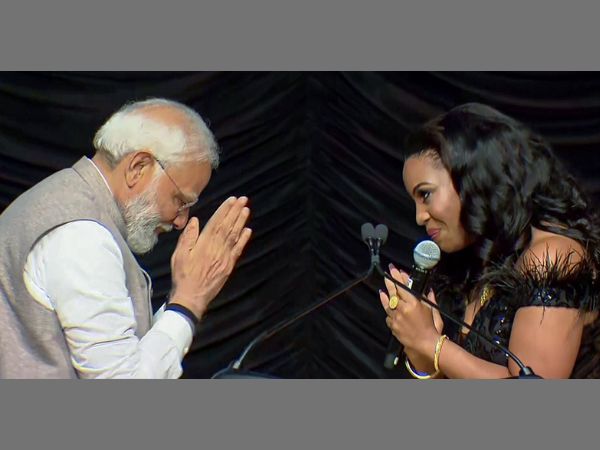
A visionary leader is someone who can identify opportunities, establish challenging goals, and inspire people to strive toward them. Regarding the growth and development of India, Modi has a clear long- and short-term vision. In addition to the current infrastructure initiatives, he sees India being a developed nation by 2047. The “Swachh Bharat Abhiyan,” which Modi introduced, aims to set quarterly targets for his ministries in an effort to enhance national hygiene.
Determination and goal-orientation: Leaders must exhibit perseverance, maintain composure under duress, and inspire their teams to overcome obstacles with hope. PM Modi is a master at performance management. His guiding philosophy is to “get the results on time once work has started.” He insists that the country must always come first when making judgments. Once he said “I take all my decisions through the prism of nation first”.
This perspective must be taken into consideration while developing our plans and governance systems. He has made unheard-of and unique choices for the advancement of the country and empowerment of women, such as repealing Article 370 and 35A in Jammu and Kashmir and outlawing the Teen Talaq system.
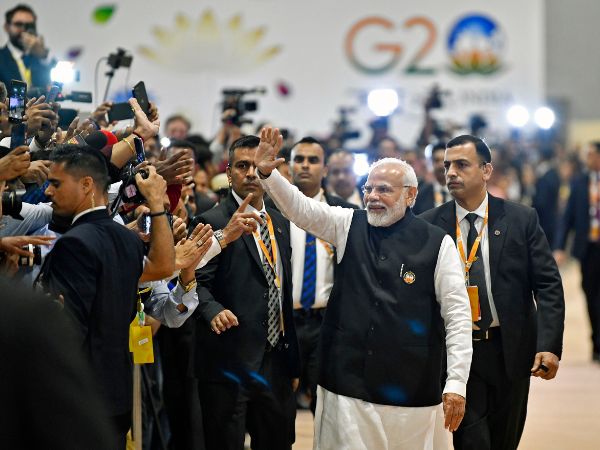
Public-direction communication skills: No politician has drawn attention from around the globe like Narendra Modi, whose speeches in public have. PM Modi’s outstanding moderating abilities and his effortless ability to start a meaningful conversation. The capacity to present is one of the most important skills in the 21st century, according to Bill Gates. He was catapulted into the top spot by his exceptional oratory skills as well as his deft election strategy and execution. He makes eye contact, speaks in a language he feels comfortable with, adapts his remarks to the audience, and uses the right tone of voice.
Proactive approach: Modi is well-known for his unwavering commitment to his duties and work ethic. He is well-known for putting in long hours at work and for being actively involved in daily governance operations. Modi has taken an active role in international diplomacy, bolstering India’s ties with important allies, encouraging regional collaboration, and standing up for India’s interests abroad.
PM Modi consistently advocates for taking preventative measures and utilizing technology to reduce damages. In this context , researcher Abhijit P Sinha argues that in an explanation of his style of leadership: Modi’s approach to leadership is frequently characterized as proactive and decisive, emphasizing efficiency and progress.
Being organised (details orientation): To be organised is to regulate and keep an eye on the changing behavior and outcomes for the departments or organization to run smoothly. Experts and media reports claim that PM Modi is quite picky about the way government programs are implemented to ensure that tasks are completed on schedule and with good quality and that product designs meet or exceed expectations.
Integrity at workplace: As a world leader, PM Modi is renowned for his extraordinary work ethic, moral character, and unwavering dedication. People now take note of his punctuality, effort, and attention to detail. His firm position on the issue has earned him a unique place in the political arena, making him a symbol of growth.
Creative Thoughts and Thinking: His main concerns are the structural reorientation of the government and systemic reform. Modi is dedicated to turning India into a significant exporter and a hub for manufacturing worldwide. The “Aatmnirbhar Bharat Abhiyan” strategy goes beyond only being “vocal for the local” and adopting Swadeshi. His ability to create and think critically is seen in projects like Digital India, the Chardham highway project, the Sagarmala project, inland waterways, Vande Bharat trains, etc.
Using the Mann-Whitney test, the data were further examined in light of the respondents’ demographics to see if there were any statistically significant variations in how they perceived the leadership traits of PM Modi. The findings revealed that there are differences in respondents’ assessments between Indian and respondents from the rest of the world about “global perspective” and ” keen to maintain on welfare economics.” Compared to respondents from other countries, Indian respondents had a greater mean value. When the same leadership traits were analyzed by position between educators and others, the results remained the same. Additionally, perceptions of “transparency towards public,” “empathy with regular people,” “works for sustainability,” “perception management,” and “resilience” differ significantly between educators and other groups. The possible reasons may be the Indian culture and people may be loosing their trust on each other as society does not care much.
Furthermore, it is to be noted that the trait theory, also referred to as the great-man hypothesis, describes one of the earliest conceptual viewpoints on leadership. This perspective holds that there is only one perfect way to lead and that select individuals can achieve it through deeply embedded personality attributes that allow them to govern or benefit society to the fullest extent feasible.
Over the past 10 years, PM Modi has demonstrated these vital traits numerous times and in a range of situations.
In addition, his “proactive approach” and “decisive decision-making and result-oriented” leadership styles are demonstrated by the repeal of Articles (370) and (35 A) from Jammu and Kashmir (J&K), the prohibition of Teen Talaq, and the building of the Ram temple in Ayodhya.
This has brought peace, tranquility, and rapid development to J&K while also altering the national mentality. In a similar vein, the world press commended India immensely for organizing the G20 Summit and complimented Modi’s leadership for his diplomatic success and capacity to forge worldwide agreements.
Prof. Prem Lal Joshi is the former NRI Professor of Accounting and currently, editor in chief of International Journal of Auditing and Accounting Studies. He can be contacted at: [email protected].
![]()